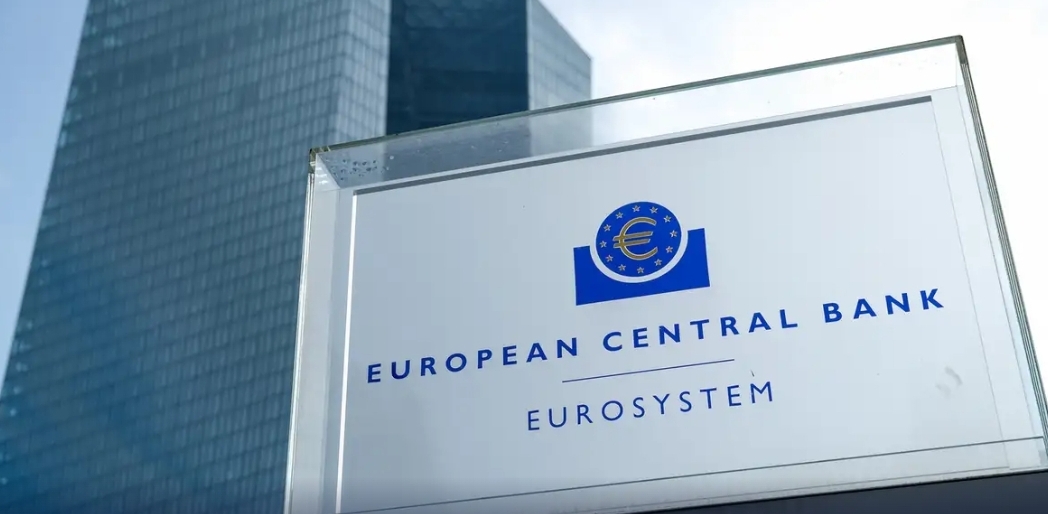Frankfurt, June 06, 2024, The Europe Today: On Thursday, the European Central Bank (ECB) announced a quarter-point interest rate cut, lowering the rate to 3.75%. This marks the first reduction in five years, as the eurozone continues to grapple with the economic fallout from the COVID-19 pandemic and Russia’s invasion of Ukraine.
Interest rates had remained unchanged since October, following a series of hikes that began in mid-2022. The decision comes as inflation pressures in the eurozone have shown signs of easing. Inflation is now projected to reach 2.5% in 2024, slightly higher than the previously forecasted 2.3%. It is expected to fall to 2.2% in 2025 and 1.9% in 2026, according to projections published on Thursday.
“The inflation outlook has improved markedly,” the ECB stated, noting that “price pressures have weakened, and inflation expectations have declined at all horizons.” However, it also acknowledged that high prices continue to strain consumers despite wage increases. “Despite the progress over recent quarters, domestic price pressures remain strong as wage growth is elevated, and inflation is likely to stay above target well into next year.”
The ECB emphasized that future decisions will be data-dependent and made on a meeting-by-meeting basis. “[The ECB] will keep policy rates sufficiently restrictive for as long as necessary,” it said. “The Governing Council will continue to follow a data-dependent and meeting-by-meeting approach to determining the appropriate level and duration of restriction.”
ECB President Christine Lagarde cautioned about the uncertainty of future rate cuts. “What is very uncertain is the speed at which we travel and the time that it will take,” she said at a press conference, adding that there could be “bumps on the road.”
Analysts suggest that Thursday’s rate cut is unlikely to be the start of a rapid series of reductions. Deutsche Bank economist Mark Wall described the move as a “hawkish cut,” indicating that the ECB is not in a hurry to ease policy. ING economist Carsten Brzeski noted that “sticky inflation will limit the room for additional rate cuts,” and that the ECB’s statement did not provide clear signals about future policy directions.
The ECB’s cautious approach contrasts with the US Federal Reserve, which has signaled a delay in rate cuts due to persistent inflation. The ECB may seek to slow its rate cuts to avoid weakening the euro and to maintain economic stability in the eurozone.
The eurozone economy is projected to expand by 1.4% in 2025, one point lower than earlier predictions in March. Growth could reach 1.6% in 2026, reflecting the ongoing adjustments in economic forecasts amid changing inflation dynamics.


